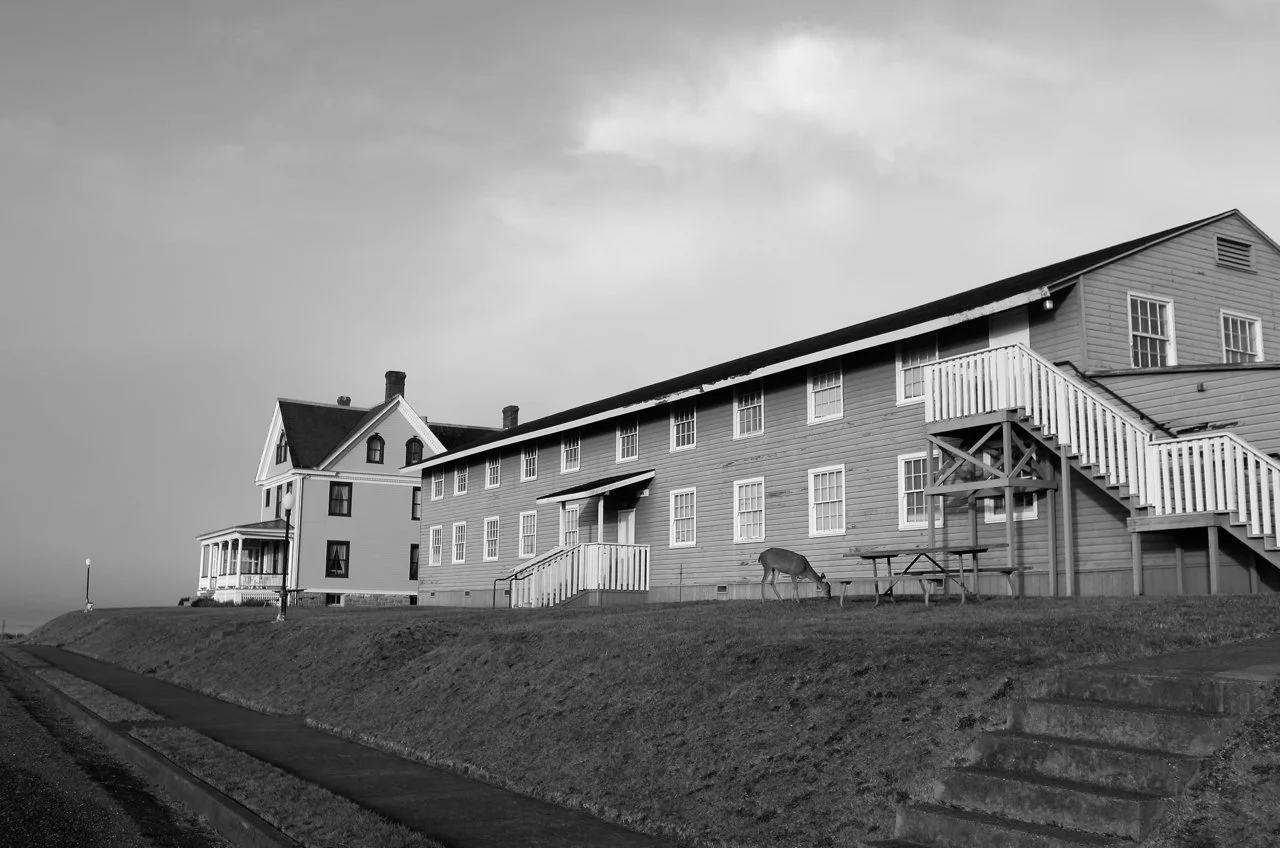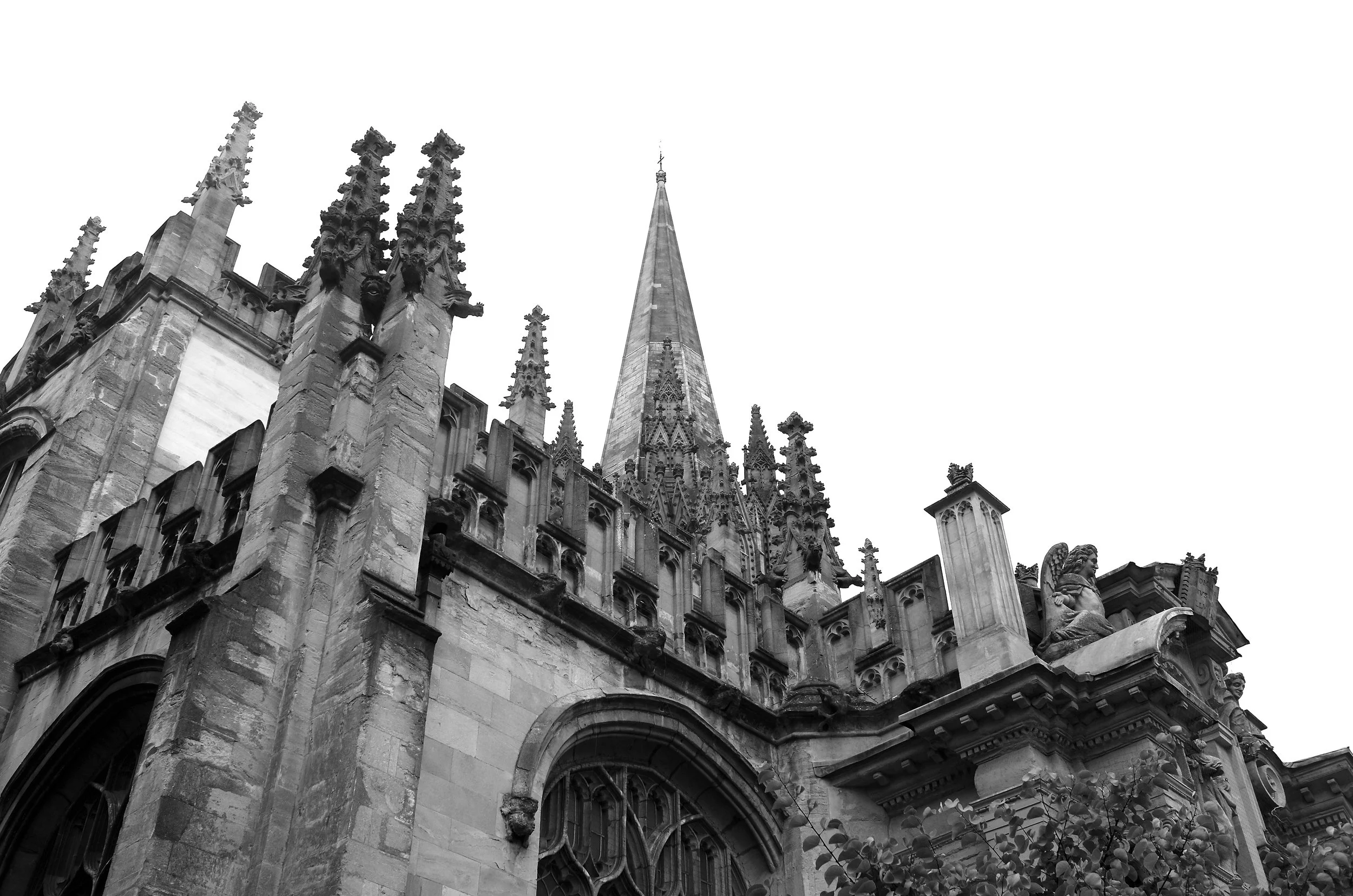A Few from England
I brought my camera this time, so I could share with you some of the highlights.
Roman Hours vol. 2.1
Tiburtina Station RedesignAfter a layover in Rome's newly re-imagined Tiburtina--and what times these Romans have ahead of them! Finally, a station worthy of its approach!--my wife and I boarded the new train line, Italo Treno, for Naples. Since the service just launched this Summer, they're offering 20 euro fares to all the major cities they visit (adding Venice and Turin soon), and though my seat faced backwards, which meant I was curled up in the aisle facing front (motion sickness, see?), how nice it was to find oneself on a clean and modern train, to have waited for it in an air-conditioned lounge with free wi-fi before boarding, to have booked tieckets from a beautiful, simple website, and to have been aided by an army of young, smartly-dressed attendants.
Dresden + Berlin

If Dresden had an unreal quality to it, it wasn't because one felt like he was (the troll or the prince?) walking around in a fairy tale, though once it would have felt just that way, awash in Baroque exuberance. Rather, despite its small beauty and typically European good sense, its unreality, its sense of foreignness came from the open space and new construction that made the whole city into an open-air shopping mall. So many perfect surfaces disinvite the imperfect creature from resting, even visually, in the townscape, the way insects feel out-of-place in a clean room.
Upon Arrival
City Library
What it's Like Living in a 500-year-old Building
When my wife and I first moved to Germany, we thought we might live in Stuttgart, the main metropolis in Baden-Wurttemberg, and that I would commute to Tuebingen to teach classes. Once we saw the sleepy, lovely, medieval college-town of Tuebingen though, we knew immediately that it would make a better home base. Unfortunately, everyone else seems to have had the same idea and so the small town was experiencing an unprecedented housing shortage. Students literally dropped out of the University because they couldn't find a place to live.





